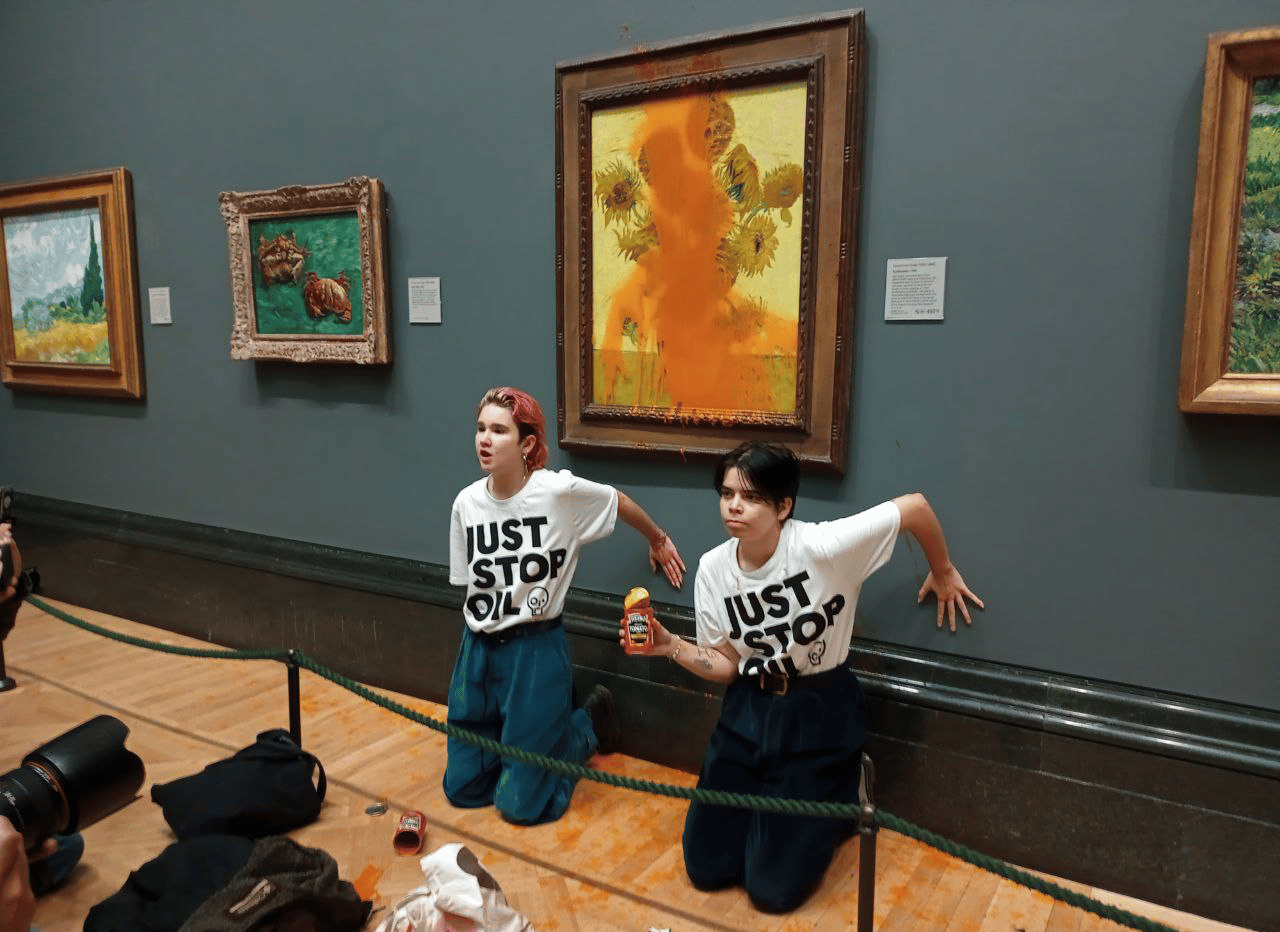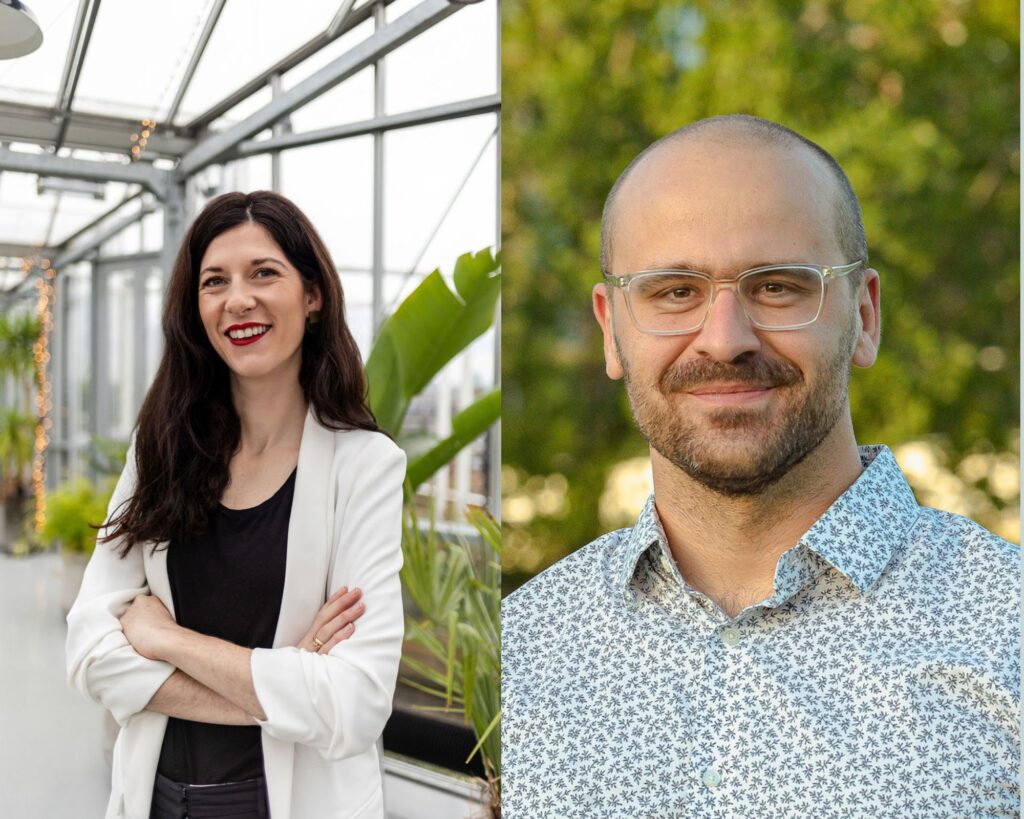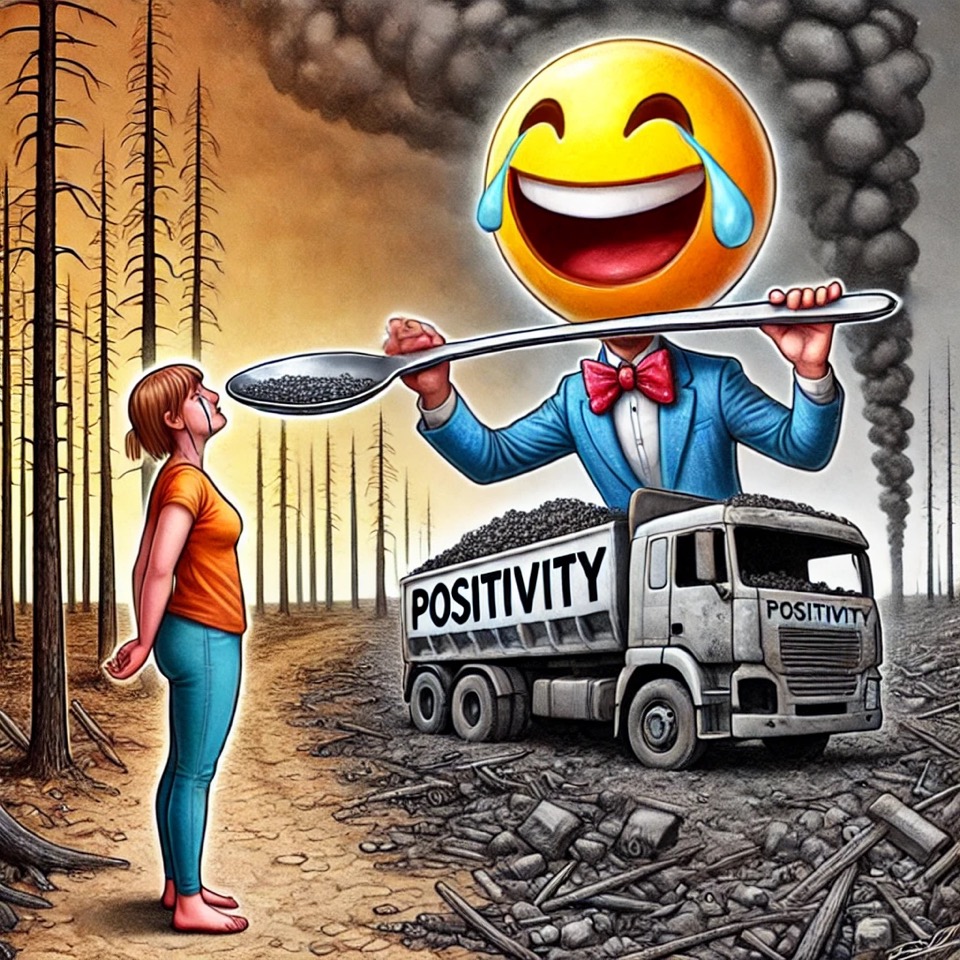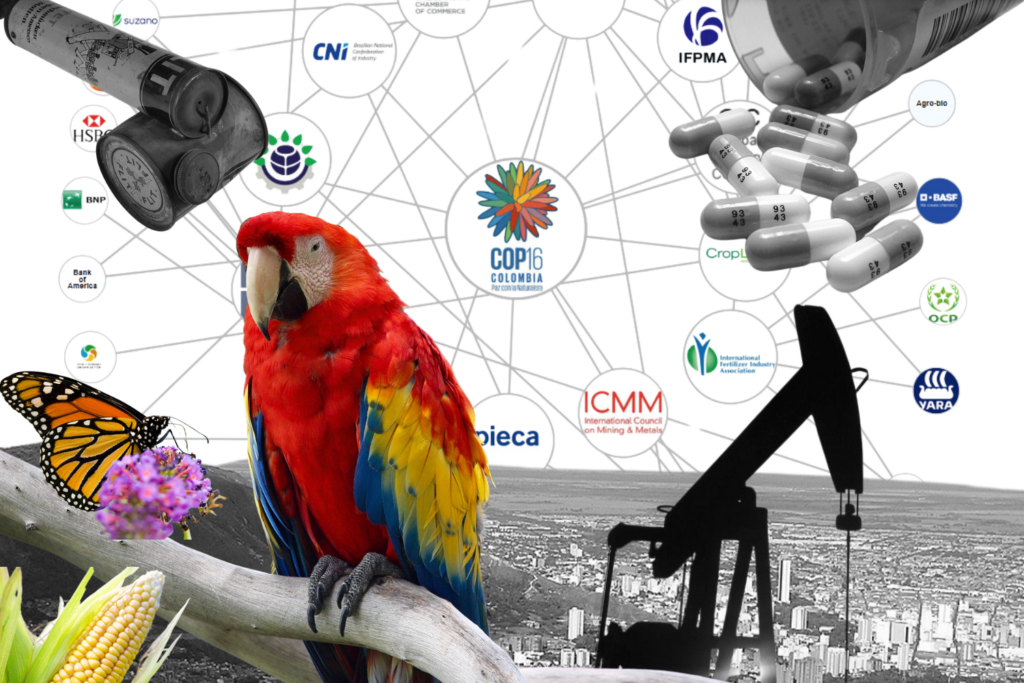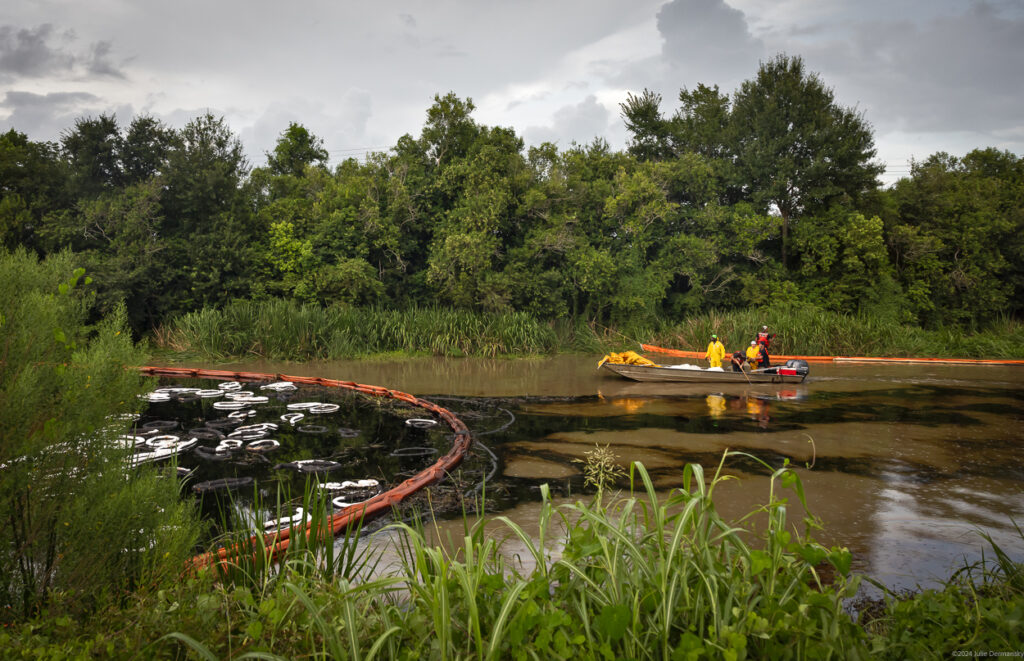This article first appeared on Medium.
On Friday 14 October 2022 a new work of art was created in Room 43 at the National Gallery. It was a collaboration between Phoebe Plummer, Anna Holland and Vincent van Gogh.
Just as Banksy ram-raided our consciousness when last year he shredded his painting ‘Love is in the Bin’ at Sotherby’s (which tripled its guide price — helping it to sell for £18.5 million) so too will this temporary work live forever in our collective psyche.
Whatever you think about the protest, the fact you’re thinking, the fact I’m writing, the thousands of tweets already posted and the millions of video views, means they’ve achieved their desired effect. As one of the protesters said after she’d glued herself to the wall: “Are you more concerned about the protection of a painting or the protection of our planet and people?”
Judging from many of the tweets in my timeline, a vast majority are in the former group.
Not sure this activist campaign will do much to wean us off fossil fuels, but it will mean that more galleries put anything valuable behind ropes, where it might as well be a copy or a print. Such a shame with an artist like Van Gogh, where the brushstrokes are key to the art. https://t.co/Dt8PbeWn3s
— Helen Lewis (@helenlewis) October 14, 2022
The reaction to ‘Sunflower Soup’, or whatever the new work eventually gets called, means it has already become a symbol for today’s crisis: Where we express horror at the destruction of ‘priceless’ works of art but feel nothing when we learn of the latest human or ecological tragedy (by the way, the protesters knew the painting was safely behind glass).
We’re being cooked fast and slow by the ‘polycrisis’. In every direction, the news can feel overwhelming: Whether it’s the acute horror of Yemen and Ukraine, or the forest fires killing hundreds of millions of animals annually; or the slow, steady erosion of our social fabric, where in countries such as the UK everything from hospitals to high streets are being slowly underinvested into oblivion. Most of us, like the infamous frog in slowly boiling water, have become too numb or apathetic to jump.
The Just Stop Oil crew is incredibly shrewd. They knew the response that would come. They’re playing with us.
And how easily we’re played. Especially the ‘progressives’ in my social media bubble, mainly but not all middle aged privileged people like me, taking the self-righteous moral high ground that this is not an effective or ‘coherent’ way to create change.
Firstly, they’re probably wrong, as skillfully explained by James Ozden in his blog What’s everyone got against throwing soup? The article describes how ‘confrontational activism’ is correlated with more people thinking the environment is a top national issue. This is backed up by Intergovernmental Panel on Climate Change author Professor Dana R. Fisher, who explained how “the idea isn’t to win over hearts and minds, it’s to grab media attention and mobilize people who are sympathetic to the cause.”
And secondly, the protesters’ reaction demonstrates their coherence. Just Stop Oil knows that keeping us focused on climate matters, and this action, not only grabbed our attention, but hardwired it to the cost of living crisis.
‘Sunflower Soup’ doesn’t just symbolise the obscenity of a society that values that painting at $84.2 million but can’t keep its people warm and fed. It also asks each of us two profound questions: Firstly, are you more concerned about the protection of a painting or the protection of our planet and people? And secondly, to what extent are you complicit in propping up these obscenities?
Because let’s face it, how many of us have put ourselves on the line to really challenge these gross inequalities that we all know are wrong? We talk a good talk, or tweet a good tweet, but really, what are we prepared to risk to address the crisis?
I ask this question to anyone who, say, hasn’t been arrested or made a major sacrifice to the cause. And I’m not talking about: “Well, I work for a charity or university, not in the City, like I could have.” By sacrifice I mean those barristers who work for less than the living wage to defend people from marginalised communities; I am talking about those millions of public service workers driven to burnout and depression as they seek to keep the show on the road, in the face of crisis after crisis. These people aren’t on Twitter. They’re too busy.
Phoebe and Anna may well go to jail for a few weeks or even months. And even if they don’t, going through the justice system can take a huge toll. They’ve already received a trial by social media which can often feel more like crucifixion than commentary.
What’s most incoherent to me about the #sunflowersoup debate is that intelligent, compassionate people feel that they have a right to tell Phoebe and Anna how to address the crisis. None of us ‘know’ how to get out of this mess; all we can do is take action in the parts of the system we can access, and learn by doing. In the words of Professor Julia Steinberger: “None of us is the master strategist with the perfect theory of change.”
3. You are responsible for your own actions, for your own group and movement building. Disagree with others? Fine, you can state publicly this tactic is not for you. But guess what: none of us is the master strategist with the perfect theory of change.
— Prof Julia 🌍🌹🌱 she/her #StandWithUkraine 🇺🇦 (@JKSteinberger) October 15, 2022
“We did no damage to the painting whatsoever… and we never, ever would have considered doing it if we didn’t know it was behind glass. What we’re doing is getting the conversation going so we can ask the questions that matter.”
Cambridge Analytica managed to harness the algorithm to influence elections in more than 68 countries across the world for their clients. Just Stop Oil is finding tactics to infiltrate our social media bubbles to keep us focused on what matters; and for that I am grateful.
I believe history will judge Phoebe and Anna as true leaders in a time when they are scarce.
On 30 March 2014, hundreds of students marched to the Taipei Presidential Office and eventually occupied the parliament chamber, protesting against stronger trade links with China. A defining characteristic of this successful protest was that several of the movement’s leaders, most famously Audrey Tang, now the Minister of Digital Affairs, joined the administration. The spirit of activism was infused directly into the government.
That movement became known as the Sunflower Movement. Judging from announcements from Suella Braverman, the former Home Secretary, Phoebe and Anna aren’t going to be invited into the cabinet any time soon. But as the opposition Labour party prepares for government, its leaders would do well to ask themselves how they can harness the principles and leadership Phoebe and Anna embodied. Their bravery should be an example to us all; and perhaps their new work could become a symbol for our own British Sunflower movement.
Rich Wilson specialises in democratic innovations to solve big issues, most recently through the Global Assembly on climate change. He is chief executive of the Iswe people power foundation, and founder of Involve. He tweets at @richwi1son.
Subscribe to our newsletter
Stay up to date with DeSmog news and alerts



